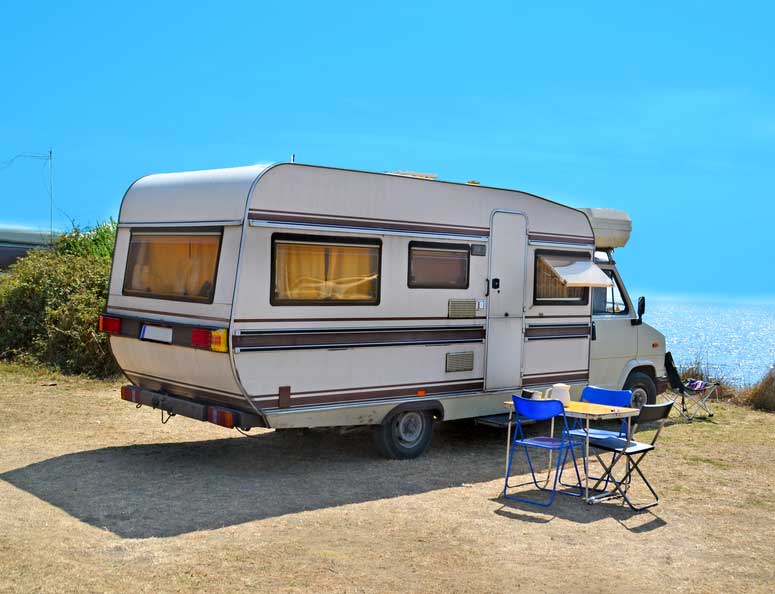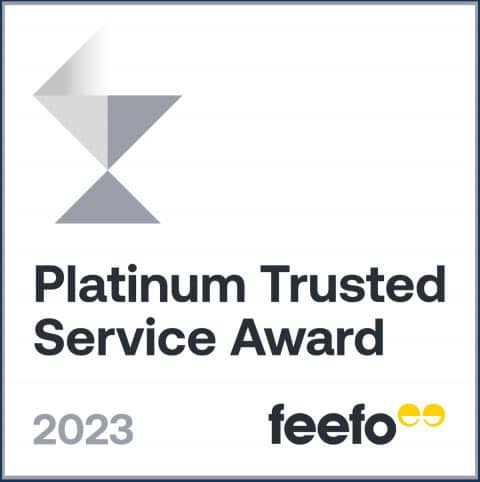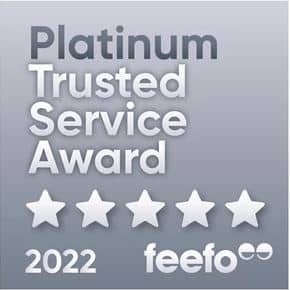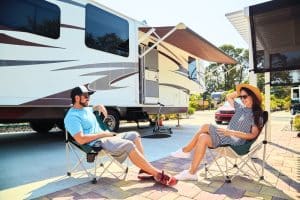Home > Leisure Loans > RV Loans
RV Loans
Experience a life of leisure and take out an RV loan the right way with Savvy.
Author
Savvy Editorial TeamFact checked
Trusted brand
Savvy knows leisure finance and recreational vehicle loans. Whether you’re trading the button-down life for a life on the road with a Class A, Class B, Class C or Slide-On Camper or just looking for an RV for the occasional getaway, our team of leisure finance experts can help you find a competitive loan deal tailored to your needs.
Save more on your RV loan
We're partnered with a wide range of lenders to bring you more choice and freedom when it comes to your RV loan. Our consultants help you through the process to give you peace of mind and help you compare more loans so you can potentially save even more money. We use the latest technology, so your application is approved faster. Get a quote today!

See how Savvy can help you with your RV loan
Lower rate RV loans
We'll help you compare a range of competitive interest rates for your profile from our lender panel.
New or used RVs
All RV types financed
Fast approval
With the help of your specialist loan consultant, you can have your application formally approved in as few as 24 hours.
Bad credit RV finance
Bad credit? Don’t worry. We're partnered with lenders who specialise in providing applicants with a second chance.
Personal consultant
What our customers say about their finance experience


Savvy is rated 4.9 for customer satisfaction by 543 customers.

Answers to your common RV loan questions
Yes – we help retirees with high assets and regular income apply for RV finance and gain approval.
Yes – we approve 100% RV finance to eligible applicants. Ask your consultant to see if you qualify.
Yes – we can help people with bad credit gain approval for RV loans if they qualify for finance through one of our specialist lenders.
Yes – we finance new and used RVs bought from dealer sales, private sales and auctions.
Learn more about recreational vehicle loans
A primer on RV Classes
There are three main types of RVs, sorted into classes; Class A, B, & C. A class A RV is a self-contained, self-driving vehicle like a converted bus. It can be substituted for an entire house! Class C motorhomes are most common, like your Sunliner or Winnebago type of van with ample room in the cab, allowing freedom of movement. Class B RVs are known as campervans – they are limited on space but much more fuel-efficient.
New or used RVs – the case for both
If you are buying an RV, you may wonder if buying new or used is the way to go. Buying new does have a higher cost of entry but it will last longer and require less maintenance. A used RV is cheaper, and may have just as good features than a new RV at a fraction of the cost. Buying used may be a great idea if you do not go on holiday very often. However, if your used RV is getting on in age, you may have to replace mechanical or interior parts.
Needs vs. wants in an RV
Many of us want to have every creature comfort in a recreational vehicle until reality kicks in. Can we really afford a 5-star Class A luxury liner? If we have to be a bit more realistic, we need to figure out our needs and wants. If you don’t need a bed and prefer sleeping outdoors, you can go for a campervan. Some larger Class C RVs may have toilets, kitchenettes and other facilities, essential for long-haul travel. It's worth drawing up a shortlist of your needs and wants.
RVs and towing your car
RVs are great for being accommodation on wheels, but they are impractical for exploring off the beaten track. Many larger RVs can attach a car to the back using a tow dolly. Tow dollies can either track around corners with a centre pivot or, they can be mounted on a rack with king pins, so the car has less chance of colliding with the back of your RV. The king pin variant can also come with brakes for added safety.




